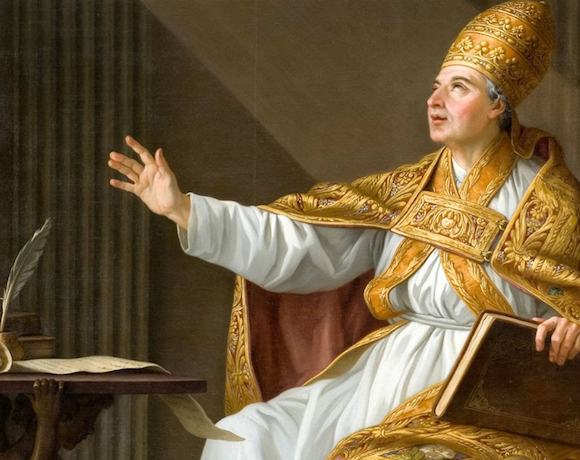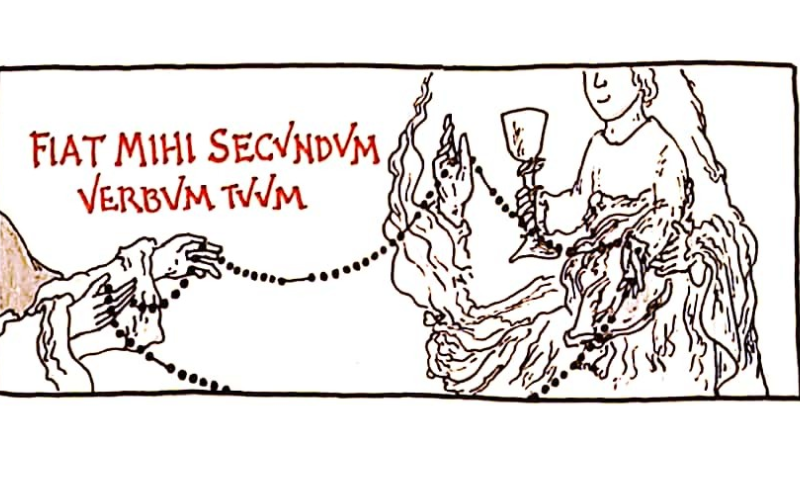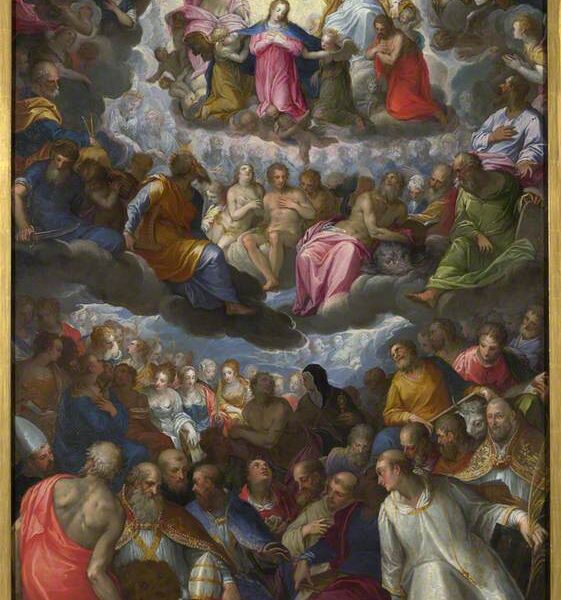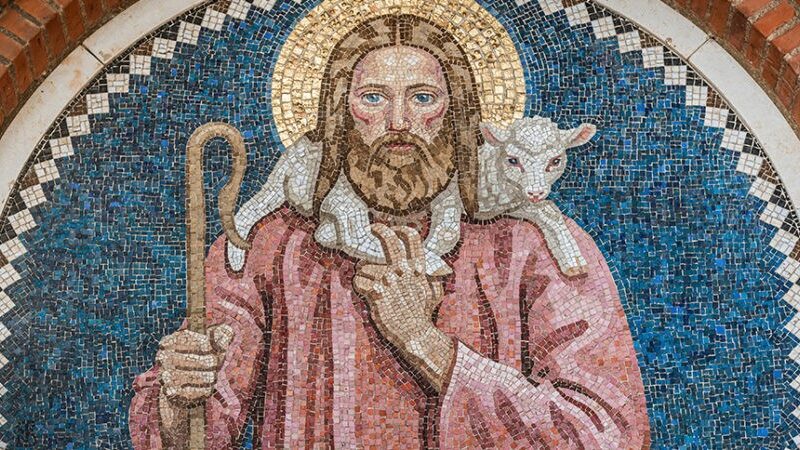
Doctors of the Church: Gregory the Great
By Br Albert Robertson | This series begins, in a way, in our own country, for it was St Gregory the Great who dispatched St Augustine to England on mission. According to Bede in his Ecclesiastical History, it was as Gregory was walking through the slave markets of Rome that he encountered some Angles, and was then heard to sayNon Angli, sed angeli, They are not Angles, but Angels. Anyone who has such an exalted view of the distant antecedents of today’s inhabitants of Britain can’t be too bad.
This series begins, in a way, in our own country, for it was St Gregory the Great who dispatched St Augustine to England on mission. According to Bede in his Ecclesiastical History, it was as Gregory was walking through the slave markets of Rome that he encountered some Angles, and was then heard to say Non Angli, sed angeli, They are not Angles, but Angels. Anyone who has such an exalted view of the distant antecedents of today’s inhabitants of Britain can’t be too bad. Gregory was born in around 540 to a Roman patrician family with very close connections to the Church. His father, Gordianus was a senator and sometime Prefect of the City of Rome. His mother, Silvia, came from a wealthy family, and along with her sister Pateria, are also honoured as saints. The family house on the Caelian Hill was, after the death of his father, used by Gregory as a monastery. Gregory had a great love of the monastic life, describing the monk as on an ‘ardent quest for the vision of our creator.’
In 579 Gregory was chosen by Pope Pelagius II as his ambassador to Constantinople with the aim of gaining military help agains the Lombard incursions. His time as an ambassador seems to have been fairly unsuccessful, and he returned to Rome in 585, and was elected to succeed Pelagius II in 590. The Church he ruled looked anything but secure: in Gaul bishops came from landed families and were by and large independent of Rome, Spain was mostly out of contact with Rome, and areas of northern Italy were caught in a war between the Lombards and the Byzantines in Ravenna. But Gregory was determined to send missions from Rome, most famously to England, but then from England to Germany and the Netherlands.
His greatest reforms to the Church were really in the areas of liturgy where he, according to John the Deacon, set about ‘removing many things, changing a few, adding some.’ He moved the Pater Noster to its current location in the liturgy and introduced the nine-fold Kyrie at the beginning of the Mass. Perhaps his greatest liturgical work though was Gregorian chant, where his codification created the beginnings of the chant that we still use today.
Gregory was also a prolific writer. His Commentary on Job is one of the longest patristic works based on talks he gave to his companion monks when living in Constantinople. His Pastoral Rule is his reflection on the role of bishops within the Church. Key to the role of the bishop is the office of preaching, and although his voice was so weak that a deacon would often have to read his homilies for him, this is what he has to say on the preaching office. ‘Who am I — what kind of watchman am I? I do not stand on the pinnacle of achievement; I languish rather in the depths of my weakness. And yet the creator and redeemer of mankind can give me, unworthy though I be, the grace to see life whole and power to speak effectively of it. It is for love of him that I do not spare myself in preaching him.’ Here he takes the character of the watchman, the character often used by the prophets to describe their work (Habakkuk and Isaiah, for example), and for someone as accomplished as Gregory it would be easy to see him standing up proud on the pinnacle of his own work. But the tower he stands on is not constructed from his own achievements, but rather built up and sustained by the grace of God, and if someone as extraordinary as Gregory can understand this, perhaps we should learn something of his humility.
Also in the Doctors of the Church series:
- St Ambrose, by Br Vincent Antony Löning
- St Athanasius, by Br Thomas Thérèse Mannion
- St Augustine, by Br Andy Opsahl
- St Basil, by Br Vincent Antony Löning
- St Jerome, by Br Joseph Bailham
MORE ON: SAINTS


